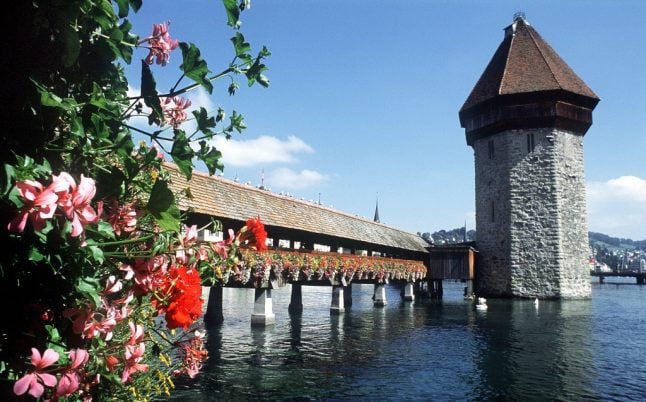A new study by the Institute for Customer Insight at the University of St.Gallen revealed that “almost nobody in Switzerland” likes Aarau.
This may not hold true for the 20,000 people who actually live there, but the study respondents said the town, located in the northern part of the country, lacks cultural opportunities.
They also give it a low rating because they don’t like the Aarau dialect.
In fact, regional dialects seem to play an important role in determining whether a particular location deserves thumbs up or down: study participants also did not care for the way people in Basel and Zurich speak, although most criticism about those dialects came from the German-speaking part of Switzerland.
People living in the French-speaking region, on the other hand, rated both cities positively, possibly because they are not as attuned to Swiss-German dialect nuances as their counterparts.
While most respondents praised Zurich’s vibrant cultural scene and urban vibe, they also complained about its high cost of living — a familiar gripe, as Switzerland’s largest city is notoriously expensive.
READ ALSO: REVEALED – What the Swiss are most interested in
Switzerland’s capital, Bern, is generally liked for its cultural activities and job opportunities. No issues with its dialect have been brought up.
St. Gallen boasts a spectacular baroque-style abbey, but the city got low scores for its frequently bad weather and — you guessed it —the dialect.
Study respondents also found that this northeastern town is more popular with older people than with the younger generation, even though it is home to a big university.
So the question is: which city do the Swiss actually like?
The answer: Lucerne is a clear favourite, with respondents classifying the residents of this picturesque medieval city in central Switzerland as open and friendly.
And, most importantly, the city’s dialect is pleasing to the ear.
READ ALSO: Swiss town ranked the 'best small city' in the world




 Please whitelist us to continue reading.
Please whitelist us to continue reading.
Member comments